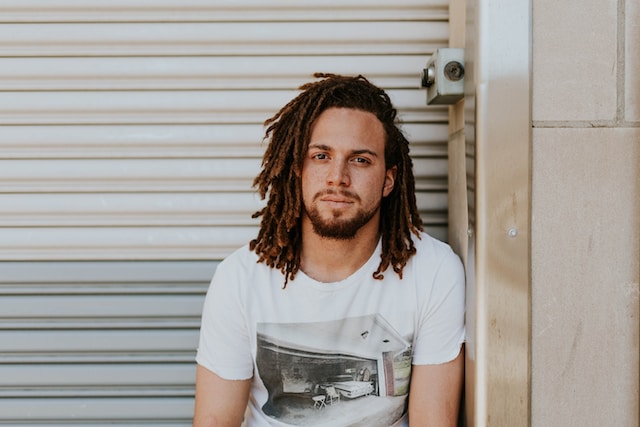Observing What Trends
Take a look at most trending hairstyles among Black women. Let me name a few that have swept social media by storm in recent years. They are goddess braids, frontal wigs, texturizers and silk presses.
Even for the styles that trended at the height of the most recent Natural hair movement, most seemed to be aimed at manipulating the curl pattern of Afro hair. Rather than embracing the natural look, whatever it may be, those styles sought to make the curls more visible in the name of “definition” resulting hair appearing “looser” or “flowing” which are characteristics of the fabled “good hair”.
For instance, for those with tightly curled or coiled patterns would braid-out, twist out, flexi-rod and blow-dry their hair to make it appear like “good hair”. From this now-fallen movement, such manipulative hairstyles come to my mind.
The idea of “good hair” suggests the existence of “bad hair” and this is detrimental to the identity of Afro-haired people. I strongly believe that hair should not be moralized. There is no “good” or “bad” hair. There is only different hair.
Observers believe we are in the “Lock Era” of Afro-hair, as many are getting their hair permanently loc’d. Hence, I find the need to mention that the trends of locks and sista locks are an exception to the rule as they steer clear from practices that involve spending yet more money on extensions, crèmes, stylers or other knick-knacks.There is nothing wrong with Black people trying different looks- I, for one, get easily bored with one hairstyle. I am however concerned that overwhelmingly, these popular styles either hide the true condition or significantly alter the natural state of Afro-hair. This is problem number one.
Here is concern number two. From my own experience as a Black woman, I have gradually learned to read between the lines when people from my community say: “I can’t be natural because it is too difficult to maintain natural hair.”
I find that most who prefer to hide their hair under extensions or other highly manipulative styles unconsciously subscribe to the idea that Afro-hair is unattractive. What they may actually mean by “difficult to maintain” could be:
It is difficult for me to accept how I look without extensions/braids/wigs/relaxer.
It is difficult for me to accept my natural curl patterns.
It is difficult for me to face the reality that I might be treated differently when I wear my natural hair.
It is difficult for me to unlearn the negative connotations of my natural hair, particularly when it comes to its attractiveness.
It is difficult for me to move away from society's standards and ideals of beauty, which are overwhelmingly Eurocentric.
This list cannot be exhaustive! And I would be dishonest if I said that these have never been my thoughts, too.
When Hair is Identity
The late Professor and Nobel Peace Prize Laureate Wangari Maathai discussed what identity means to Africans, and I dare also say, to a reasonable extent, African descendants in the diaspora. This is due to these communities' experiences with the violence of conquest and colonialism, whose greatest impact was more psycho-social than eco-political.
“Like other peoples who experienced not only physical colonization but also what might be called a colonization of the mind, Africans have been obscured from themselves. It is as if they have looked at themselves through another person's mirror— whether that of a colonial administrator, a missionary, a teacher, a collaborator, or a political leader—and seen their own cracked reflections or distorted images, if they have seen themselves at all.”
I think it is valid to also extend the distortion of self-image to apply to the complexities of how Afro-haired people choose to wear their hair. And here lies the third issue with natural Afro hair. The historical legacy of Black experiences globally has led to self-despising attitudes which make wearing natural Afro hair an act of defiance, when it should actually be simply a personal grooming choice. For when one decides to love what they have been taught to hate, they are being brave.
Begging for a Revolution
Much has been said and discussed the “Natural Hair Movement” which in the 2010s was revived from its ashes. However, I believe that in the case of Afro hair, a movement is not enough. What we need is a personalized hair revolution.
What does that look like to me? It is:
- Wearing Afro hair without extensions, chemical treatments, straightening or other manipulative practices of its natural curl pattern, such as the good ol' Shrunken 'Fro,
- The freedom of starting the day without spending the first hours of it laboring in front of the mirror,
- Saving on the long hours seated at the hairdressers, often late into the night, for the sake of a hairstyle being installed,
- Eliminating texturism which is heavily tied to the “good-hair/bad-hair” dichotomy and is often linked to colorism,
- Rejecting hair-length Olympics by each embracing their own hair length, and refraining from shaming others, regardless of how short or long their hair is.






.jpg)
Comments
Post a Comment
Share your thoughts here